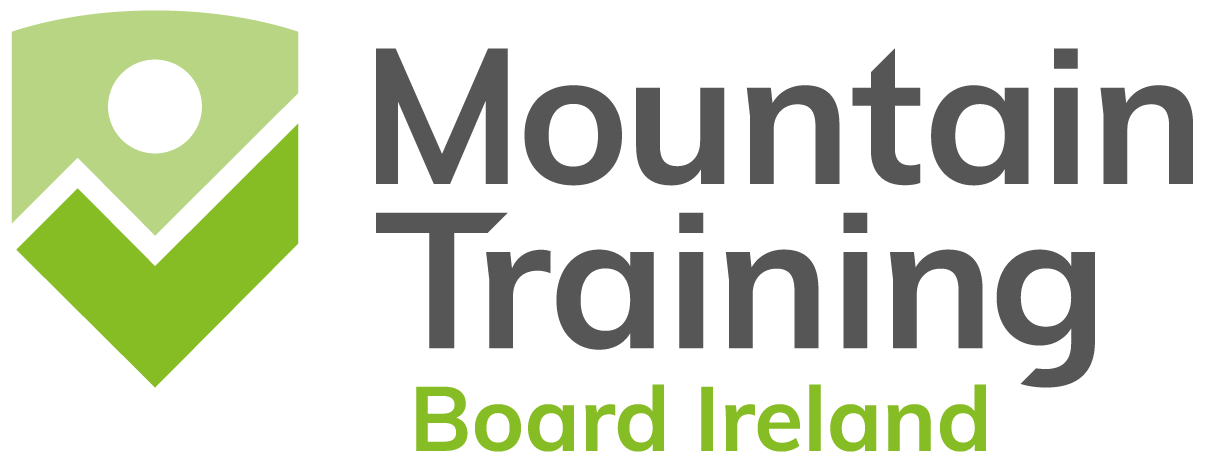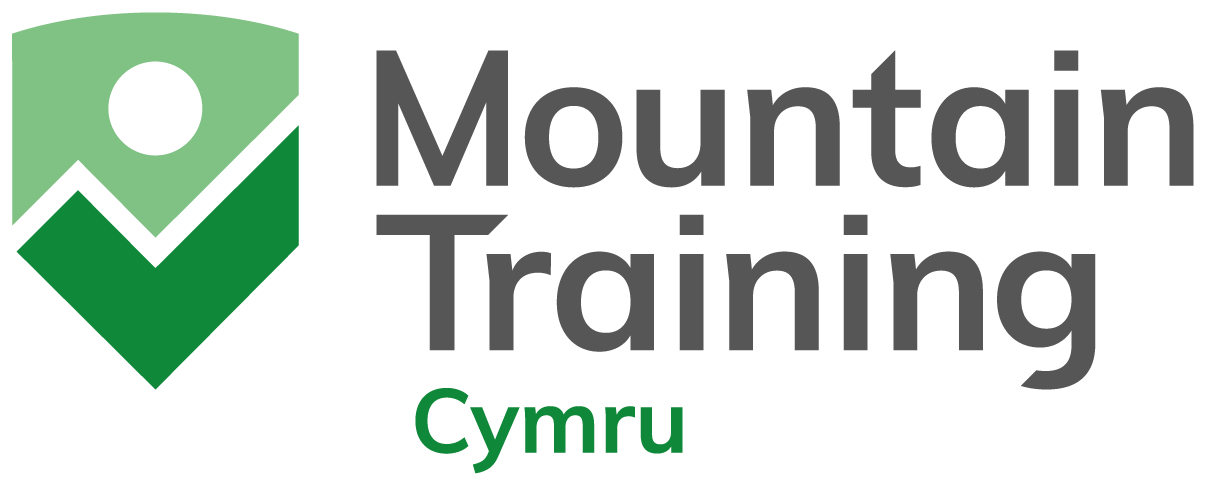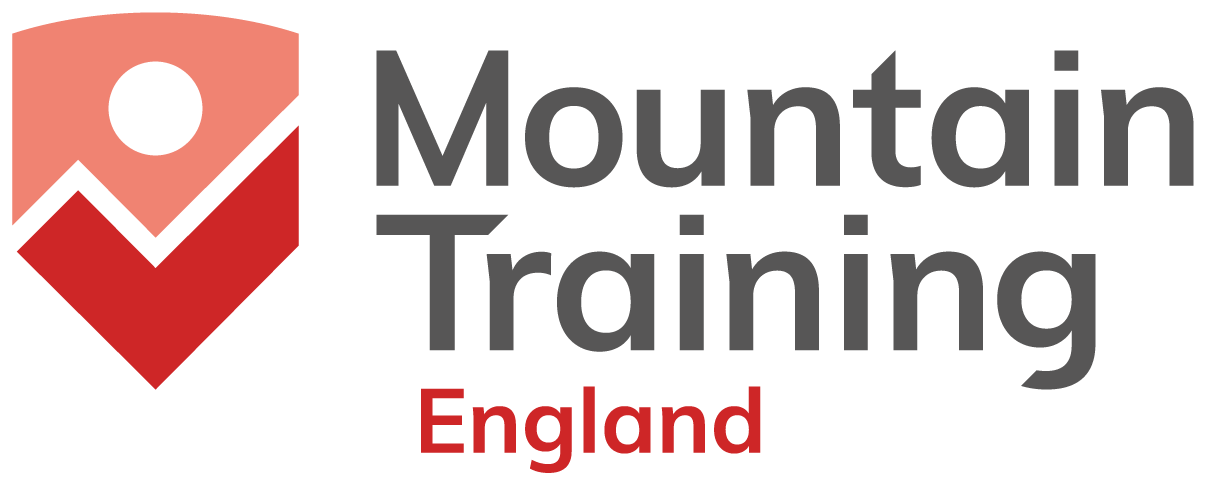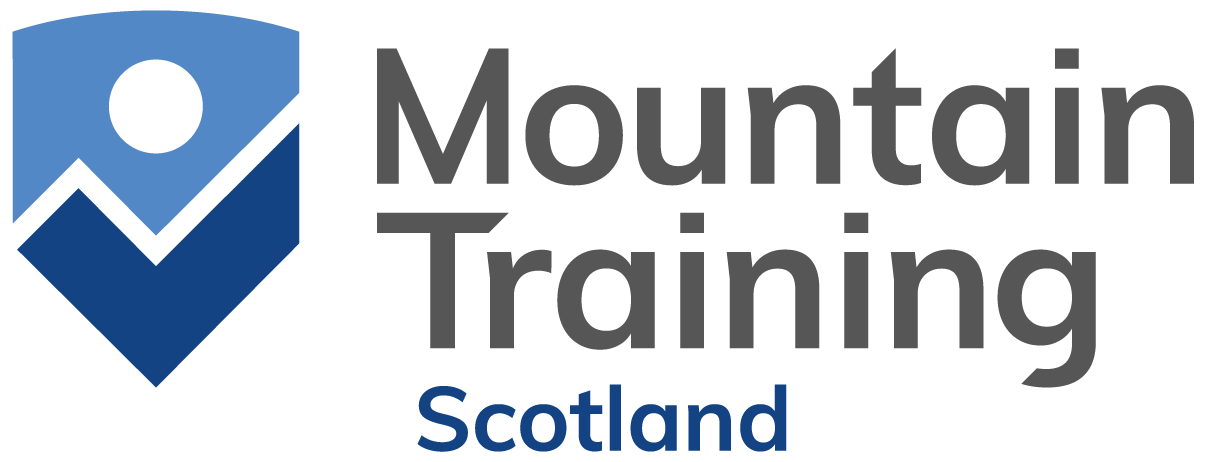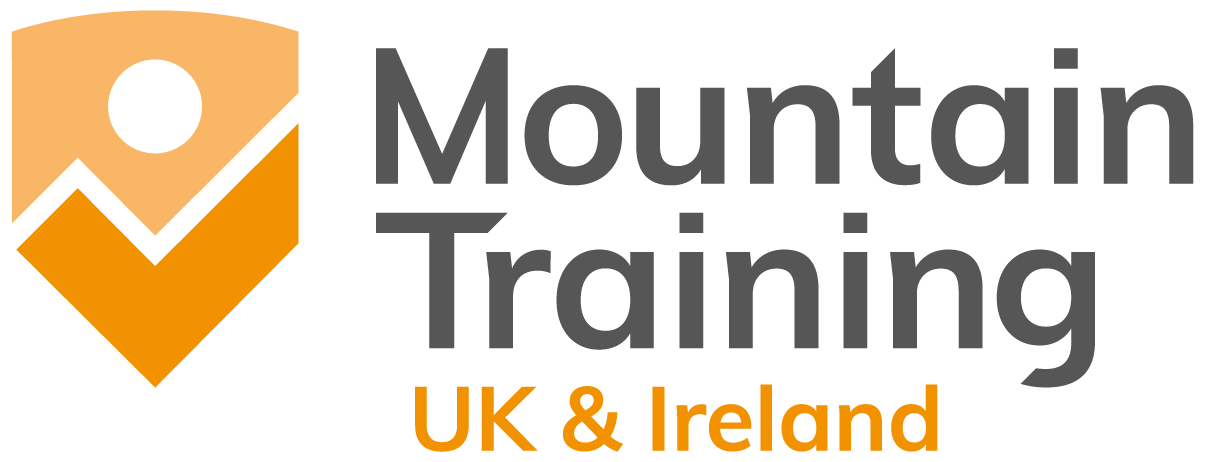Cookie Settings
This site uses third-party website tracking and analytical technologies to help us improve the user experience.
Privacy Policy
Mountain Training England Safeguarding Children, Young People and Adults Policy
MANDATORY REQUIREMENT
1. Scope and purpose
1.1 Mountain Training England (MTE) is committed to safeguarding, promoting and supporting the protection and wellbeing of all children, young people and adults attending Mountain Training courses provided by Mountain Training England approved Providers. This document is intended to clarify how MTE will work with its providers to safeguard the welfare of those who participate in its courses.
1.2 Operational responsibility for the handling of safeguarding concerns rests with the provider. MTE has a role in raising safeguarding standards by implementing this policy, identifying possible problems, and disseminating good practice.
1.3 MTE recognises our responsibility to promote safe practice and to protect children, young people and adults from harm, abuse and exploitation. We embrace difference and diversity and respect the rights of all children, young people and adults.
1.4 Some MTE Providers work as small businesses or sole traders. Others are organisations who have their own formal policies to observe with regard to safeguarding. The following policy is not designed to supersede any Provider’s existing policy and guidance. It is intended to complement their organisation’s existing policy and procedures; or to enable Providers who operate small business or are sole traders to develop their own safeguarding policies and procedures.
1.5 It is expected that all MTE Providers have appropriate policies and procedures in place to protect children, young people and adults in their care and to promote their wellbeing whilst undertaking their Mountain Training course.
1.6 The MTE policy recognises that the safety, welfare and interests of children, young people and adults are paramount. It aims to ensure that regardless of age, ability or disability, gender reassignment, race, religion or belief, sex or sexual orientation, socio-economic background, all children, young people and adults:
- have a positive and enjoyable experience of undertaking their relevant Mountain Training course in a safe and participant-centred environment.
- are protected from abuse whilst participating in any Mountain Training course.
2. Safeguarding children and young people
2.1 As part of our safeguarding policy for children and young people MTE will:
- promote and prioritise the safety and wellbeing of children and young people on Mountain Training courses.
- ensure Providers have appropriate safeguarding arrangements in place.
- ensure appropriate action is taken in the event of reports of safeguarding concerns and support is provided to the individual/s who raise or disclose the concern.
3. Expectations of provider organisations - Safeguarding children and young people
3.1 All organisations or individuals seeking to provide courses behalf of MTE to children and young people are required to demonstrate that they have suitable safeguarding arrangements in place. They are required to:
- submit to MTE a Safeguarding Declaration;
- submit to MTE copies of their children and young people safeguarding policy with details of safeguarding arrangements;
- submit to MTE details of a named Designated Safeguarding Lead;
- ensure that all course directors and tutors attend suitable training in safeguarding children and young people and maintain records of this training;
- inform MTE of any concerns that occur on a Mountain Training course that invoke their safeguarding procedures.
3.2 MTE expect that a provider’s children and young people’s safeguarding arrangements would include:
- A policy statement setting out the provider’s commitment to safeguarding children and young people and detailing roles and responsibilities.
- A clear procedure to be followed in the event of a safeguarding concern, including to whom staff should report their concerns and who would make the decision to refer the concerns to the statutory agencies where appropriate.
- A process for managing safeguarding concerns.
- A code of conduct for both staff and participants.
- A commitment to the principles of safer recruitment.
- Regular review of safeguarding arrangements to reflect current and emerging threats including but not limited to radicalisation, child sexual exploitation, domestic violence, human trafficking.
3.3 As well as putting appropriate policies and procedures in place, all providers are expected to create a learning environment which is positive and supportive and which values inclusivity, appreciates difference, welcomes learning from others, and considers all participants to be equal. Such an environment;
- Builds relationships based on mutual respect, and gives and receives feedback in a constructive way.
- Does not tolerate bullying and harassment.
- Respects confidentiality whenever possible when issues are reported.
- Respects everyone’s dignity equally.
4. Safeguarding Adults
MTE is committed to creating and maintaining a safe and positive environment and accepts its responsibility to safeguard the welfare of adults involved in MTE courses.
In England the piece of legislation that sets out how adult social care in England should be provided is the Care Act 2014. The Care Act is mainly about people who are over 18 in need of care and support, usually from their Local Authority.
Click here for an overview of the Care Act
Definition of Adult at Risk - England – Care Act 2014
An adult at risk is an individual aged 18 years and over who:
- has needs for care and support (whether or not the local authority is meeting any of those needs) AND
- is experiencing, or at risk of, abuse or neglect, AND
- as a result of those care and support needs is unable to protect themselves from either the risk of, or the experience of abuse or neglect.
A definition for safeguarding adults
When we are speaking about adults at risk we are referring to those who have health or social care needs (irrespective of whether or not those needs are being met by social care) and who are unable to safeguard themselves as a result.
While we recognise that some people will be vulnerable due to their learning disability or mental health needs there are also those adults who are at risk due to a specific circumstance they may find themselves in, for example: domestic abuse, forced marriage, sexual or commercial exploitation (this is not an exhaustive list).
Whether or not an adult is identified as being ‘at risk’ all adults should be safeguarded from different types of abuse (Please note: bullying is usually psychological/emotional abuse, but can also be physical abuse) which include but not limited to:
- Self-neglect.
- Modern slavery.
- Domestic abuse.
- Organisational abuse.
- Physical abuse.
- Sexual abuse.
- Financial or material abuse.
- Neglect.
- Emotional abuse.
- Psychological abuse.
See Appendix B for more detail on types of abuse.
Examples in a Mountain Training course context:
- an elite climber being groomed for sexual abuse by his or her coach;
- a member of a learning disabled walking/climbing club being financially exploited by another club member;
- a young woman confiding in her assessor about a forthcoming holiday where she believes she will be married against her will;
- a course staff member who regularly neglects the individual needs of disabled participants when training.
5. Expectations of provider organisations – Safeguarding Adults
5.1 All organisations or individuals seeking to provide courses on behalf of MTE to adults are required to demonstrate that they have suitable safeguarding arrangements in place. They are required to:
- submit to MTE a Safeguarding Declaration.
- submit to MTE copies of their Adult safeguarding policy with details of safeguarding arrangements.
- submit to MTE details of a named Designated Safeguarding Lead.
- ensure that all course directors and tutors attend suitable training in safeguarding adults and maintain records of this training.
- inform MTE of any concerns that occur on a Mountain Training course that invoke their safeguarding procedures.
5.2 MTE expect that a provider’s Adults’ safeguarding arrangements would include:
- A policy statement setting out the provider’s commitment to safeguarding adults and detailing roles and responsibilities.
- A clear procedure to be followed in the event of a safeguarding concern, including to whom staff should report their concerns and who would make the decision to refer the concerns to the statutory agencies where appropriate.
- A process for managing safeguarding concerns.
- A code of conduct for both staff and participants.
- A commitment to the principles of safer recruitment.
- Regular review of safeguarding arrangements to reflect current and emerging threats including but not limited to radicalisation, adult sexual exploitation, domestic violence, human trafficking.
5.3 As well as putting appropriate policies and procedures in place, all providers are expected to create a learning environment which is positive and supportive and which:
- Values inclusivity, appreciates difference, welcomes learning from others, and considers all participants to be equal.
- Builds relationships based on mutual respect, and gives and receives feedback in a constructive way.
- Does not tolerate bullying and harassment.
- Respects confidentiality whenever possible when issues are reported.
- Respects everyone’s dignity equally.
6. Procedure in the event of a safeguarding concern
6.1 It is the responsibility of providers to respond promptly and effectively to all safeguarding concerns, including making a referral where required to the statutory agencies who are able to protect children, young people or adults.
6.2 The provider should inform MTE when their safeguarding procedures have been invoked. As MTE are not involved in the operational response to the concern, they would not normally need to be given confidential information such as the name of the person about whom there is a concern. The information to be shared is:
- A brief description of the nature of the concern
- The action taken in response
- The outcome
6.3 There may be some circumstances where identifiable information can be shared, with informed consent. This may be because the person concerned will continue to be involved in Mountain Training courses and sharing information will enable them to be better supported.
7. Concerns coming directly to MTE
7.1 On occasion MTE may be contacted directly with concerns about something that has happened on a course. In these circumstances MTE will encourage and support the person reporting to use the provider organisation’s own procedures to resolve the issue.
7.2 If a safeguarding concern has not been resolved by use of the provider organisation’s safeguarding procedures, then MTE will invoke its Safeguarding Case Management Procedure.
8. Recording, Quality Assurance and Monitoring
8.1 MTE will store all records relating to safeguarding matters safely and securely, and use them for the purpose of quality assurance and monitoring. This will allow for the dissemination of best practice; assist in improving provision; and inform the review of this policy.
8.2 This policy will be reviewed by MTE at least every 2 years or if there are significant changes to how MTE works or to legislation and guidance.
